How Gabify is using AI for speech and neurodevelopmental care
Delhi-based Gabify is an AI-driven platform that offers research-backed speech therapy services tailored to individual needs. It has partnered with 35 preschools and 15 healthcare institutions till now.
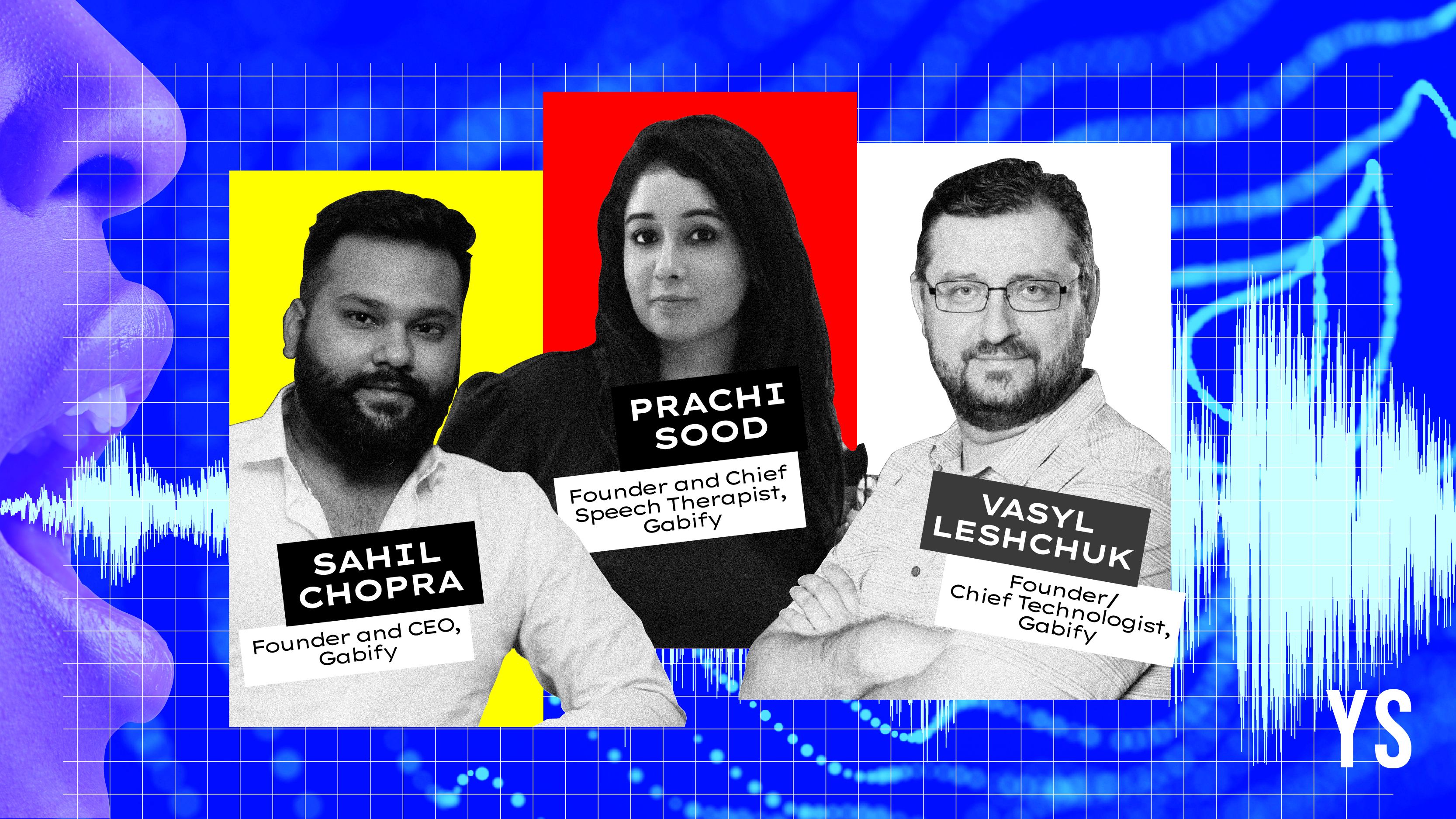

In India, nearly 15% of the population faces some form of communication disorder, with one in eight children affected by neurodevelopmental conditions such as autism, ADHD, or speech delays. A study conducted in rural areas of Ballari district in Karnataka found a prevalence rate of 4.29% among school-going children aged 6–16 years, according to the Directory of Open Access Journal.
Despite the scale of this public health concern, the country’s infrastructure for early detection and therapy remains limited, with only one qualified speech therapist available for every 10,000 people.
“Long wait times, high costs, and a lack of awareness have further compounded the problem, often delaying intervention beyond the critical early years of a child’s development,” Sahil Chopra, Co-founder and CEO, tells YourStory.
Gabify, a Delhi-based startup founded in 2024 by Sahil Chopra, Prachi Sood, and Vasyl Leshchuk, aims to address these challenges. The AI-driven platform offers research-backed speech therapy services tailored to individual needs.
“At Gabify, this approach ensures that therapy is not only rooted in scientific studies but is also customised to the individual, using AI to adapt and refine techniques based on real-world data for optimal outcomes,” says Chopra.
Gabify’s self-assessment web application helps parents and caregivers identify early signs of speech and neurodevelopmental disorders such as Autism, ADHD, and speech delays in children, enabling timely intervention.
The genesis
The idea to start Gabify stemmed from a personal experience for Chopra. He lost a close friend to suicide after years of enduring bullying due to a stutter.
“The impact of that loss lingered for years. But the turning point came when my wife, Prachi, began sharing what she encountered in her speech therapy practice—stories of children waiting months for screenings, of parents unaware that help was even needed,” says Chopra.
With over 8 years as a Senior Speech Therapist at Max Hospital, Fortis, Mom’s Belief, and Manthan School, Sood has handled cases like Autism, Parkinson’s, Einstein Therapy, and Apraxia. Her experience revealed a recurring challenge: delayed detection, expensive assessments, and long wait times often cost children the chance for early intervention.
In 2023, the co-founders began field research engaging with hospitals, parents, and practitioners in Tier II and III cities. These interactions consistently highlighted the need for a scalable solution that could enable early identification and support, particularly in settings with limited specialist access.
The missing link
When Vasyl Leshchuk, a Ukrainian technologist with a career in IT across telecommunications, finance, and education, joined Gabify’s founding team in late 2024, it marked a turning point for the product’s technical roadmap.
His first-hand experience with neurological disorders began at the British International School and became deeply personal when he navigated similar challenges caring for his own son.
After stepping away from his previous software job, Leshchuk was searching for a mission-driven venture. “The moment I saw Gabify, it wasn’t just an idea—it was a necessity,” he recalls. “It hit home for me, both as a technologist and as a parent.”
Soon after joining forces, the team began building an AI-driven system designed to screen and support children with communication and developmental conditions.
“Tech should solve real problems. With Gabify, we’re building tools that could change the trajectory of a child’s life,” says Leshchuk.
Gaby: The AI system behind Gabify
Gabify’s platform ‘Gaby’ is an AI-powered virtual therapist designed to screen and support children from as young as eight months. Leveraging a multi-modal approach, it integrates speech recognition, facial analysis, and eye tracking to evaluate conditions such as autism, ADHD, speech delay, apraxia, aphasia, and more.
The journey begins with a self-assessment tool, allowing caregivers to record their child’s speech and behaviour via a mobile phone. These are analysed using AI models trained on clinical datasets and real-world recordings. Based on the analysis, Gaby generates personalised therapy plans tailored to the child’s needs, and also tracks progress and provides support over time.
“Gaby listens and observes like a trained therapist. It evaluates how a child speaks, where they look, how they react, and builds an evolving profile based on objective markers rather than subjective feedback,” says Chopra.
Gabify’s system tracks development milestones through metrics like vocabulary use, response time, motor behaviour, and eye contact, providing families and professionals with ongoing insights.
Making therapy accessible and affordable
Gabify offers initial AI screening for Rs 499, and a 100-session home-based therapy programme is available for Rs 50,000.
Each programme includes virtual sessions supported by printable exercises and parent coaching materials, allowing families to continue therapy at home.
“We emphasised consistency and continuity, designing its model to integrate seamlessly into family routines,” Chopra adds.
Alongside the digital interface, Gabify has partnered with 35 preschools and 15 healthcare institutions, including British International School and pediatric clinics to offer hybrid care delivery. Its first physical clinic and R&D facility in Delhi is slated to open soon.
Enhancing the role of therapists
Gabify currently has a team of four full-time therapists, including Sood, who leads the therapy division. All therapists are RCI (Rehabilitation Council of India) certified, ensuring compliance with Indian therapy standards and adherence to the RPwD Act, 2016. It has a total team of about eight people.
To support its global expansion plans, Gabify is engaging with the American Speech-Language-Hearing Association (ASHA) to onboard internationally-certified therapists. “We are in active discussions with ASHA to gain recognition as a certified care platform,” he says.
The startup employs therapists full-time to ensure consistent care, high-quality outcomes, and lasting relationships with patients.
Each therapist manages 4–5 patients daily, supported by Gabify’s proprietary AI dashboard that suggests lesson plans, flags behavioural changes, and tracks progress in real time. This allows therapists to focus on clinical care and building rapport with families, while the platform automates routine tracking and documentation.
“Therapists can focus on what only they can do: exercise clinical judgment, connect with families, and tailor interventions while the system automates routine tracking and documentation,” Chopra says.
Parent involvement and community engagement
Gabify’s system actively involves caregivers as part of the care team. Through structured coaching modules and in-app feedback, parents are given tools to support therapy consistently at home.
“Parents are often the most stable presence in a child’s developmental journey. We ensure they’re equipped not just with information, but with skills,” he explains.
In addition to digital support, Gabify runs workshops, podcasts, and awareness drives in schools and communities to reduce stigma around neurodevelopmental conditions and therapy.
The challenges
Gabify’s primary hurdles remain cultural—many families hesitate to seek help due to lack of information or social stigma around developmental challenges.
“We’re not just solving a medical problem, we’re addressing hesitation, denial, and misinformation,” says Chopra.
Gabify is also planning campaigns with schools, community leaders, and public figures to normalise early screening and therapy.
The startup competes with players like Neuron Learning, Thinkerbell Labs, InnerHour (now Amaha) and Cogniable, among others. “We aren't just an AI chatbot or diagnostic tool—it learns from behaviour, voice, and facial patterns to create a dynamic, evolving profile for each child. That’s the precision care gap we’re filling," Chopra adds.
“We were truly impressed by Gabify that effortlessly identifies speech and neurodevelopmental disorders. Parents of 35 children who used the app gained valuable insights into their child's development. Gabify is a promising solution addressing a critical societal need,” says Arti Vats, Founder, Crayons to Cradle Pre School.
Roadmap and expansion
The India speech therapy services market, valued at $1,332.7 million in 2023, is projected to reach $2,558.7 million by 2030, with a projected CAGR of 9.8% from 2024 to 2030, according to Grand View Research.
The founders invested Rs 30 lakh from their personal savings to start the company. It is now in the process of raising Rs 5 crore, and is already operational across its network, serving a user base of 1,000 families.
The company is expanding its technical capabilities with features like interactive games, avatar-based therapy, and cognitive development modules. The startup also plans to broaden reach to cover more neurological and behavioral conditions, and aims to integrate its AI-screening tools into public health programmes such as Anganwadis and government-run immunisation clinics.
It is also exploring pilots in the UK, Canada, Australia, and the Middle East, especially among immigrant populations facing similar access barriers.
“Our aim is simple. We want early screenings to be as routine as height and weight checks because the sooner we act, the better the outcomes,” he concludes.
Edited by Megha Reddy






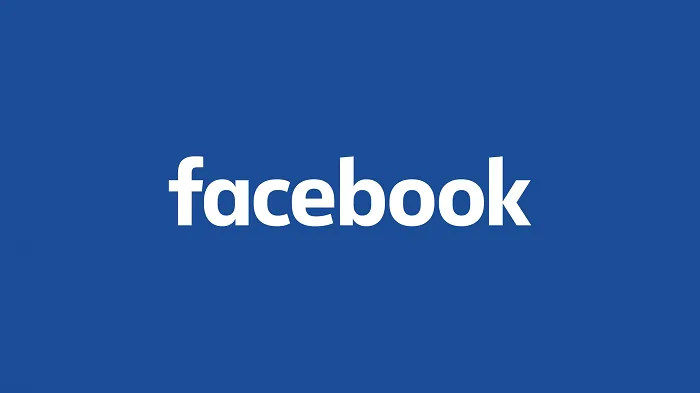
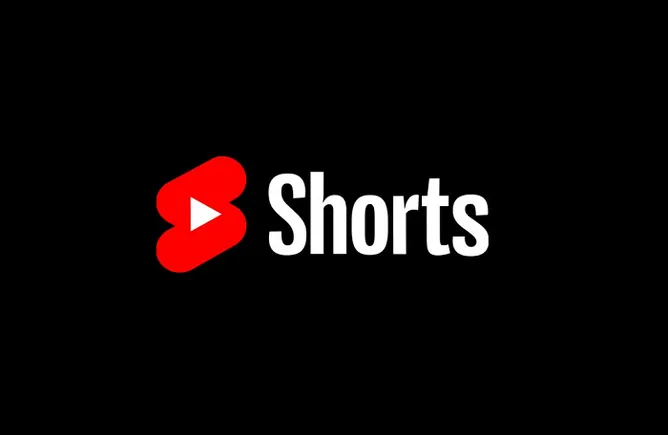



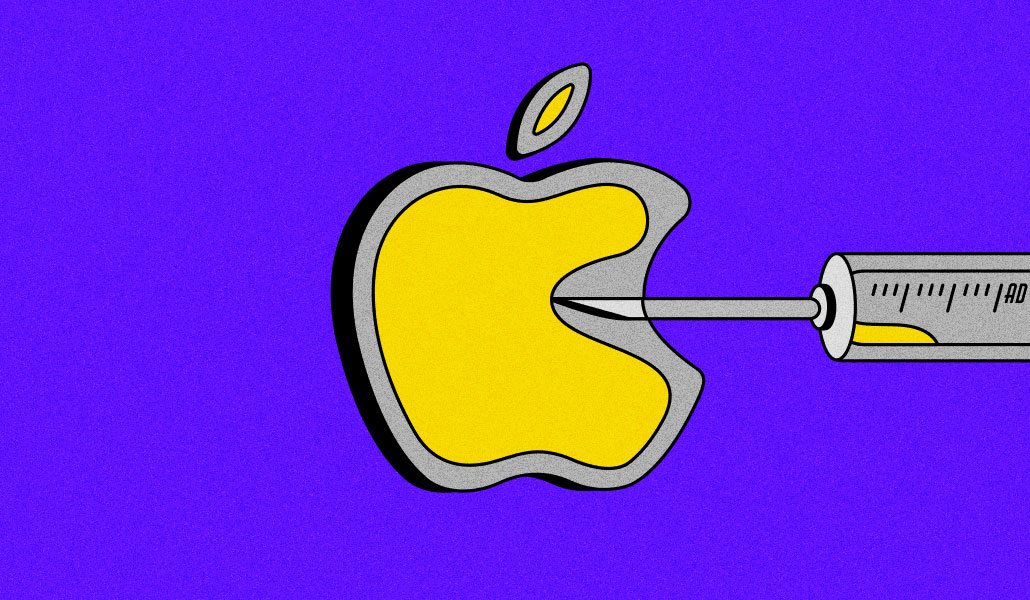


![31 Top Social Media Platforms in 2025 [+ Marketing Tips]](https://static.semrush.com/blog/uploads/media/0b/40/0b40fe7015c46ea017490203e239364a/most-popular-social-media-platforms.svg)








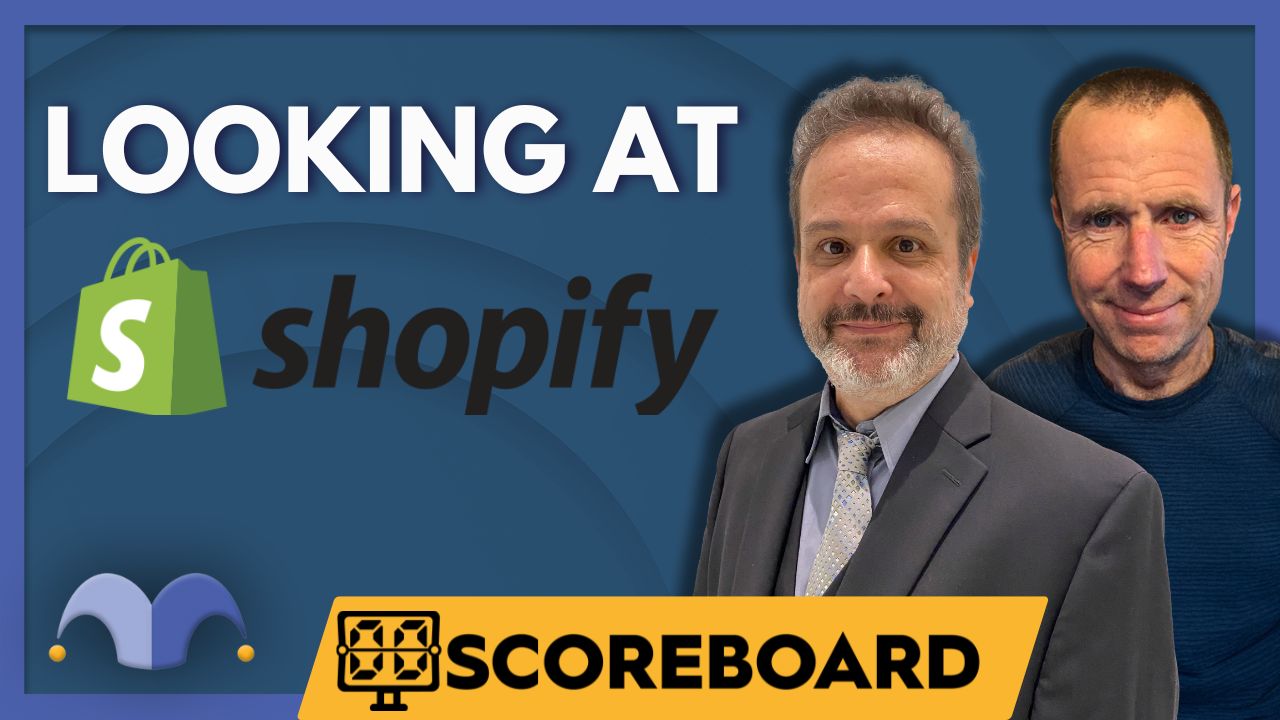







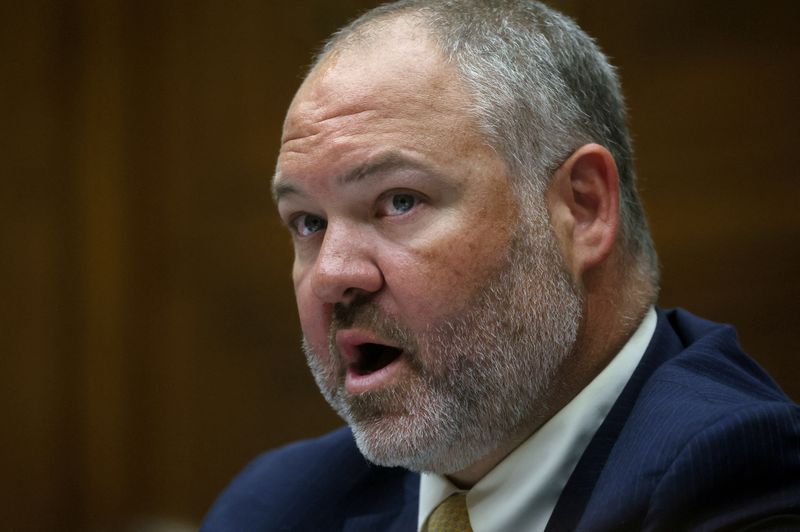

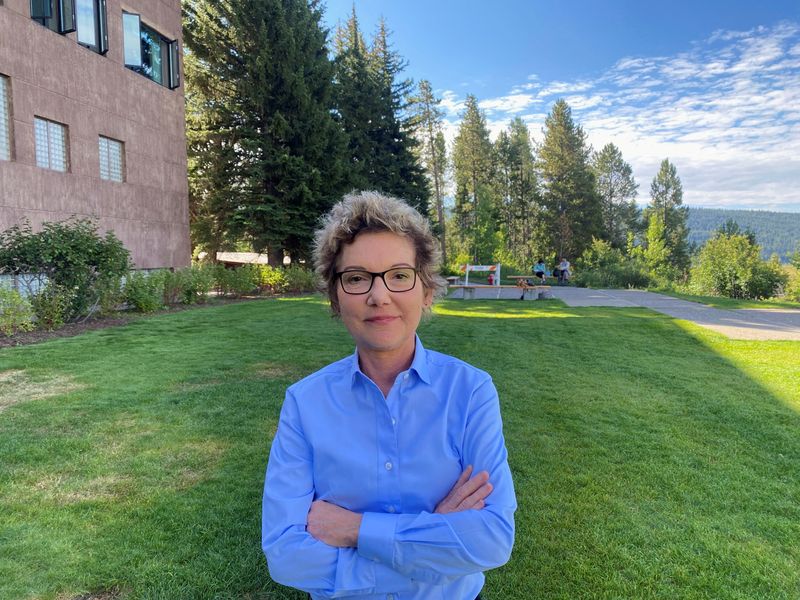






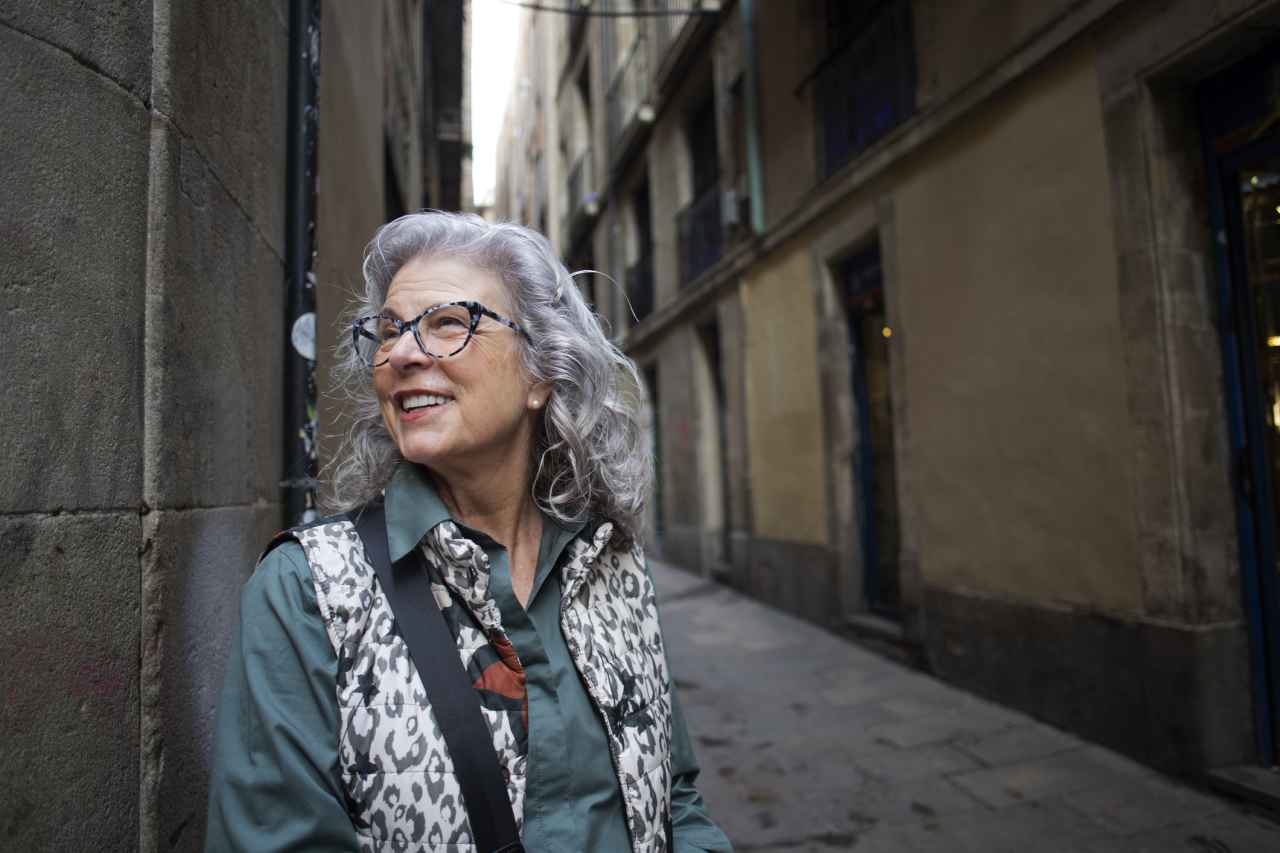



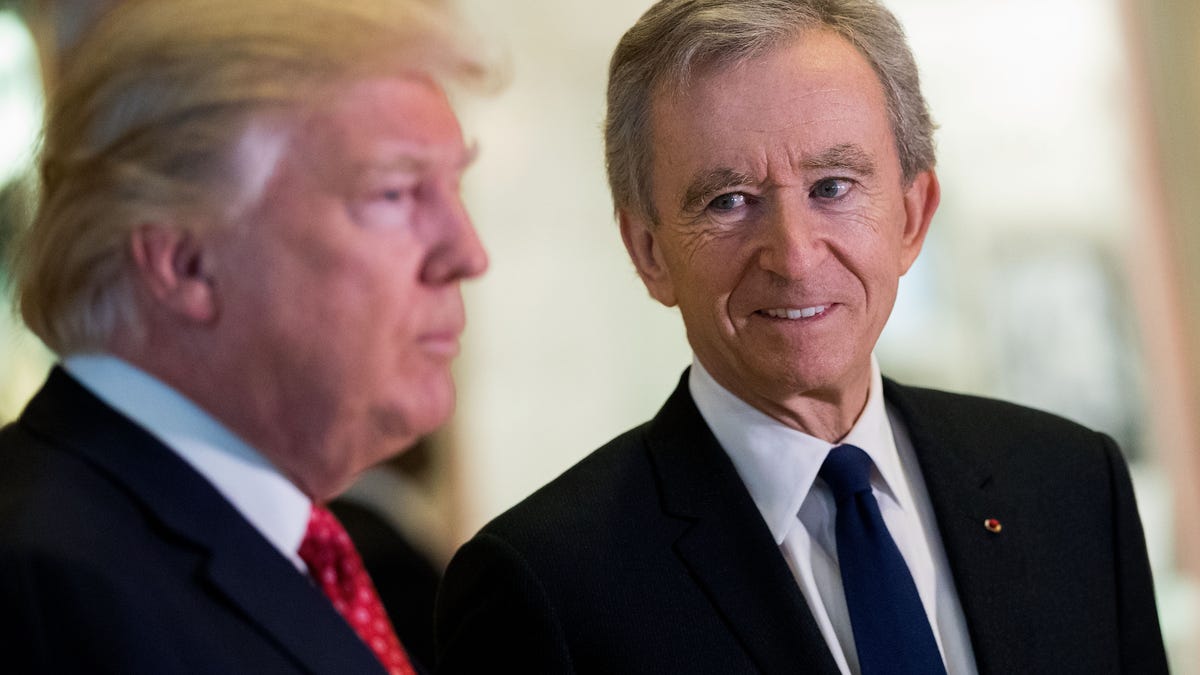
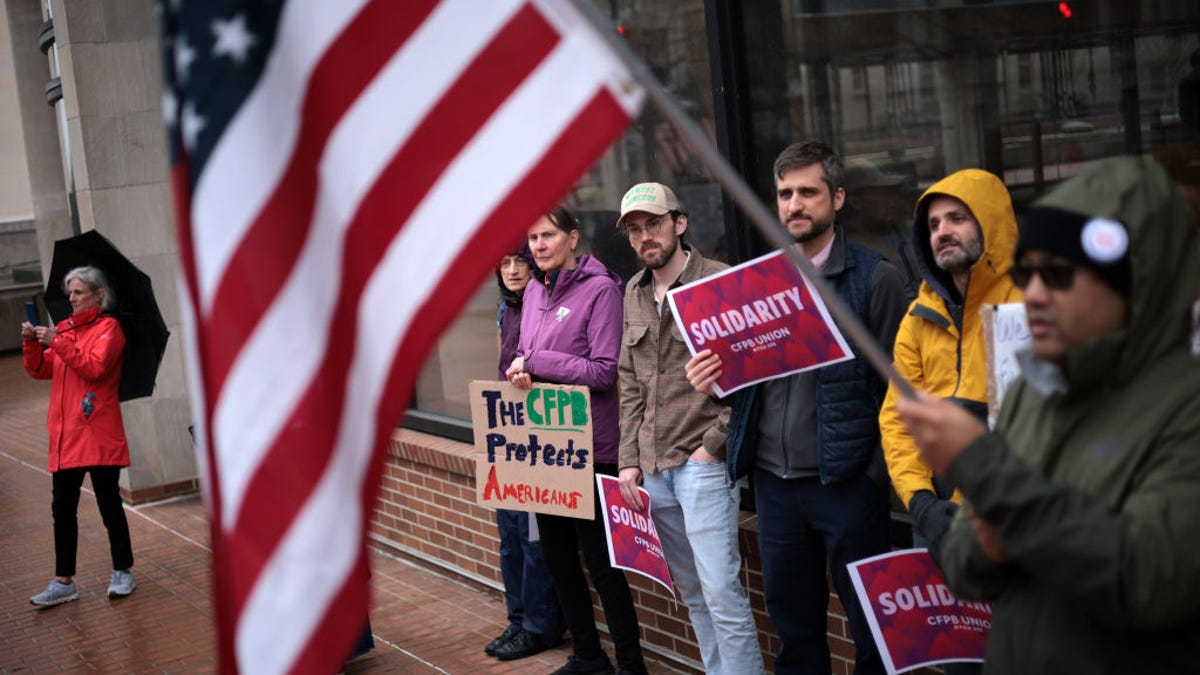

































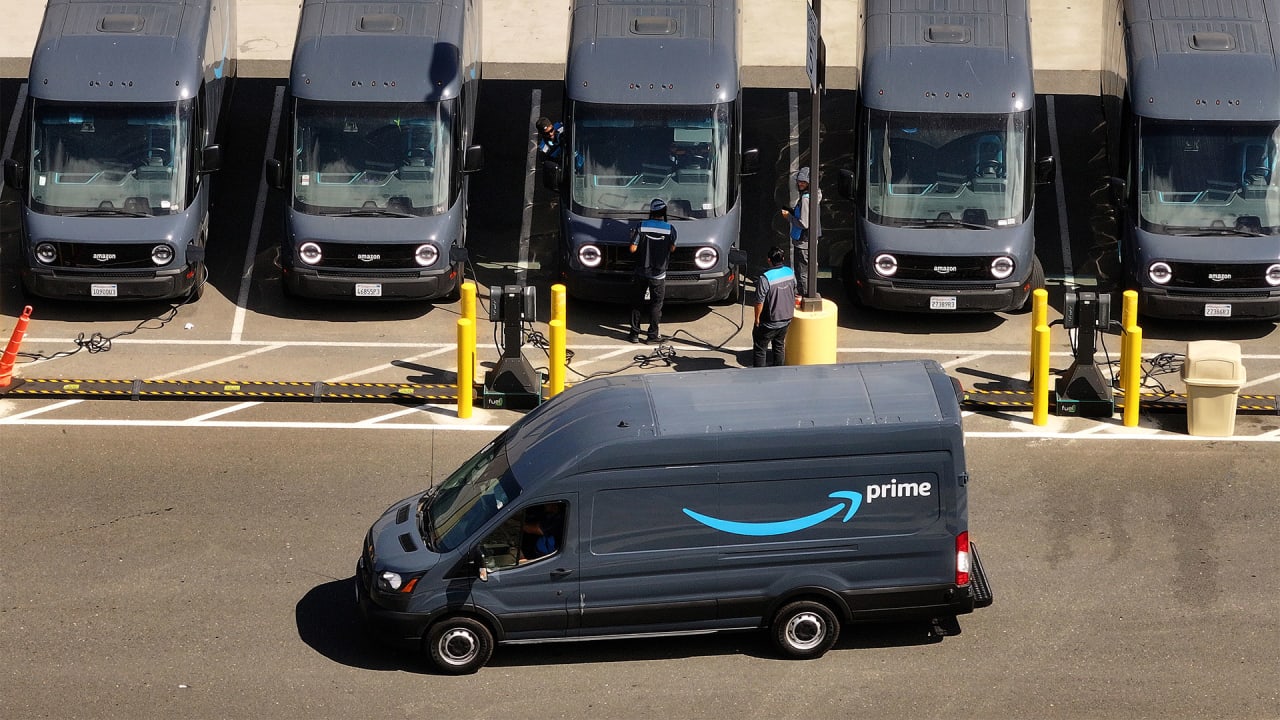
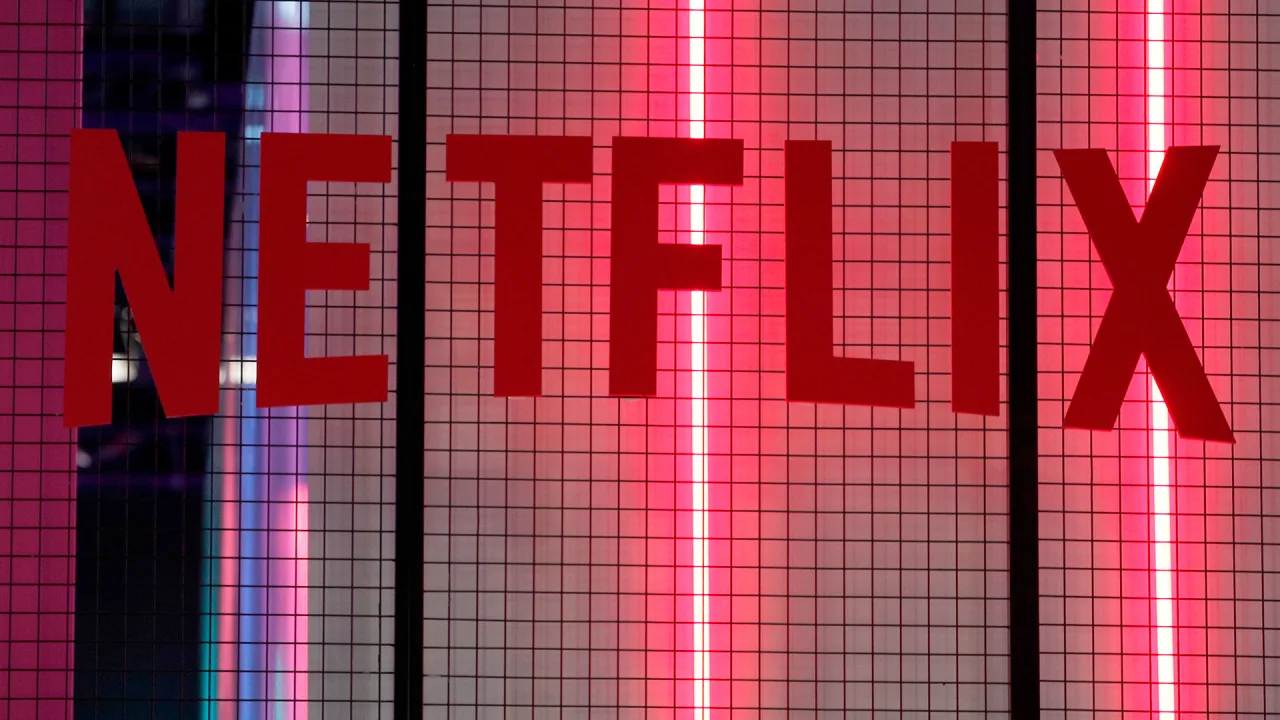
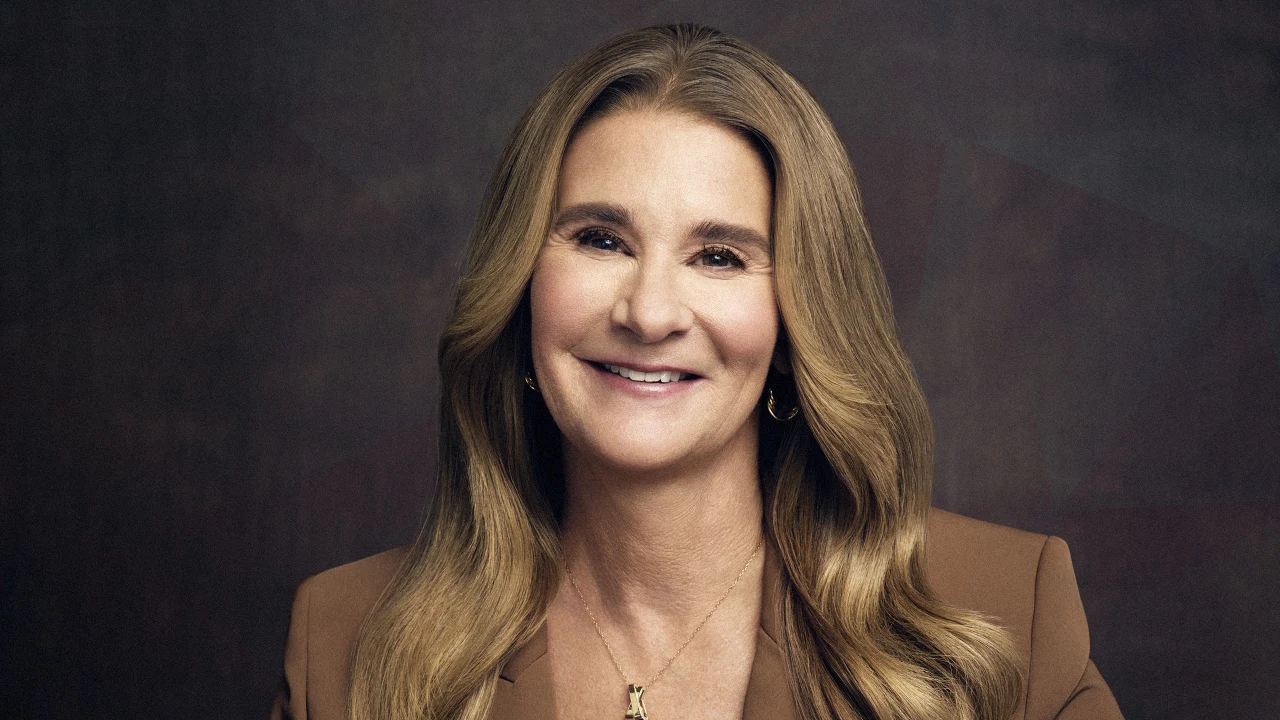




























































![[Webinar] AI Is Already Inside Your SaaS Stack — Learn How to Prevent the Next Silent Breach](https://blogger.googleusercontent.com/img/b/R29vZ2xl/AVvXsEiOWn65wd33dg2uO99NrtKbpYLfcepwOLidQDMls0HXKlA91k6HURluRA4WXgJRAZldEe1VReMQZyyYt1PgnoAn5JPpILsWlXIzmrBSs_TBoyPwO7hZrWouBg2-O3mdeoeSGY-l9_bsZB7vbpKjTSvG93zNytjxgTaMPqo9iq9Z5pGa05CJOs9uXpwHFT4/s1600/ai-cyber.jpg?#)



































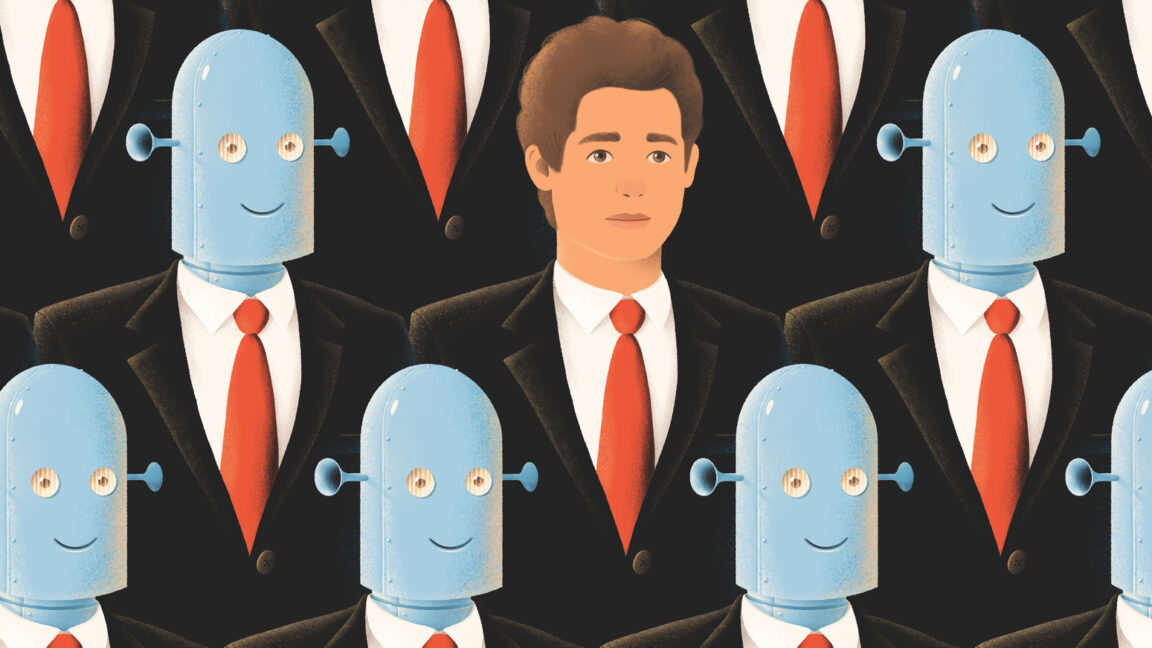


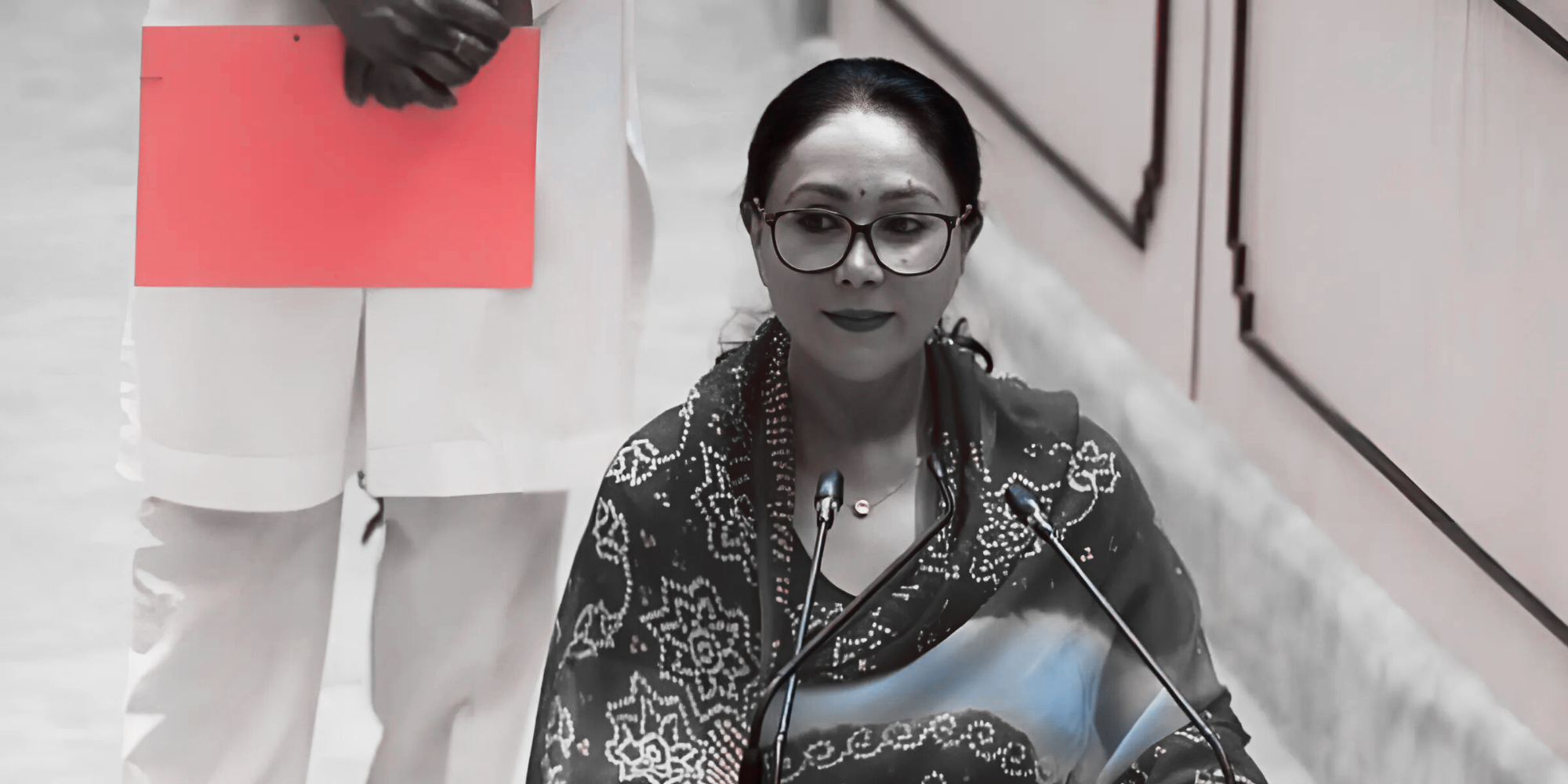


![How to Find Low-Competition Keywords with Semrush [Super Easy]](https://static.semrush.com/blog/uploads/media/73/62/7362f16fb9e460b6d58ccc09b4a048b6/how-to-find-low-competition-keywords-sm.png)



